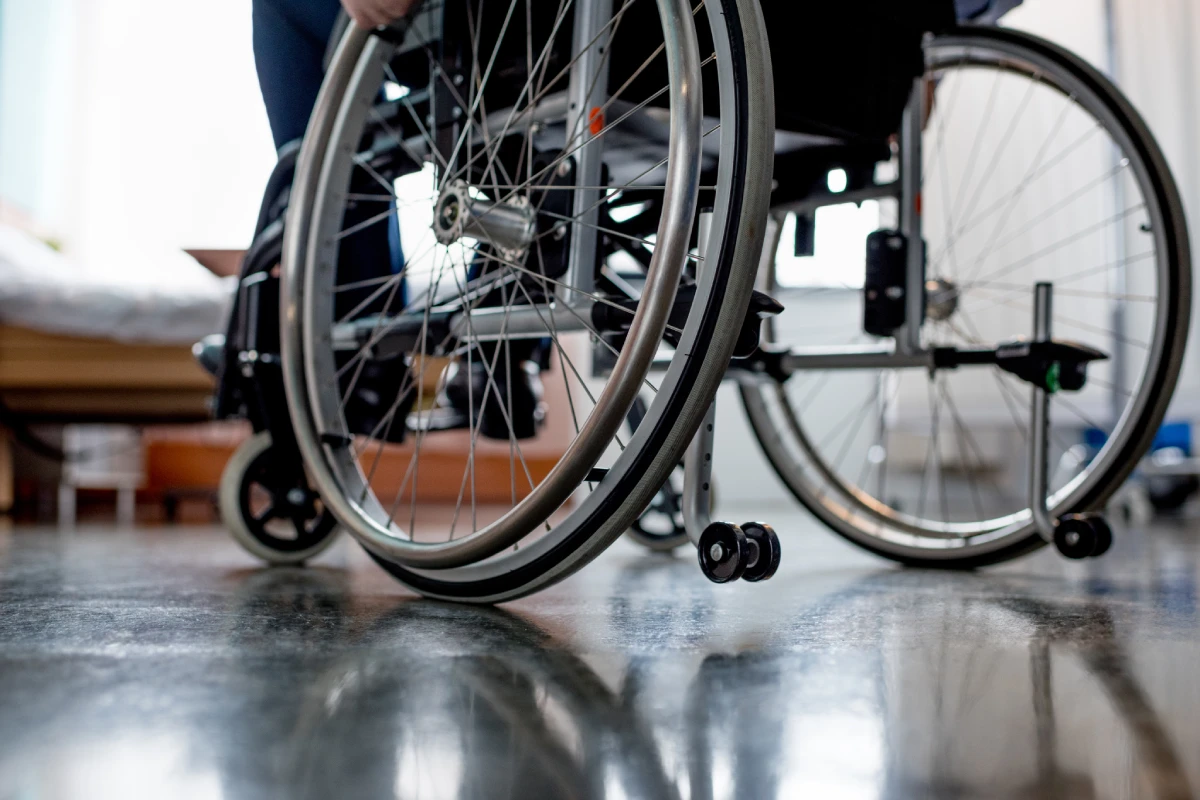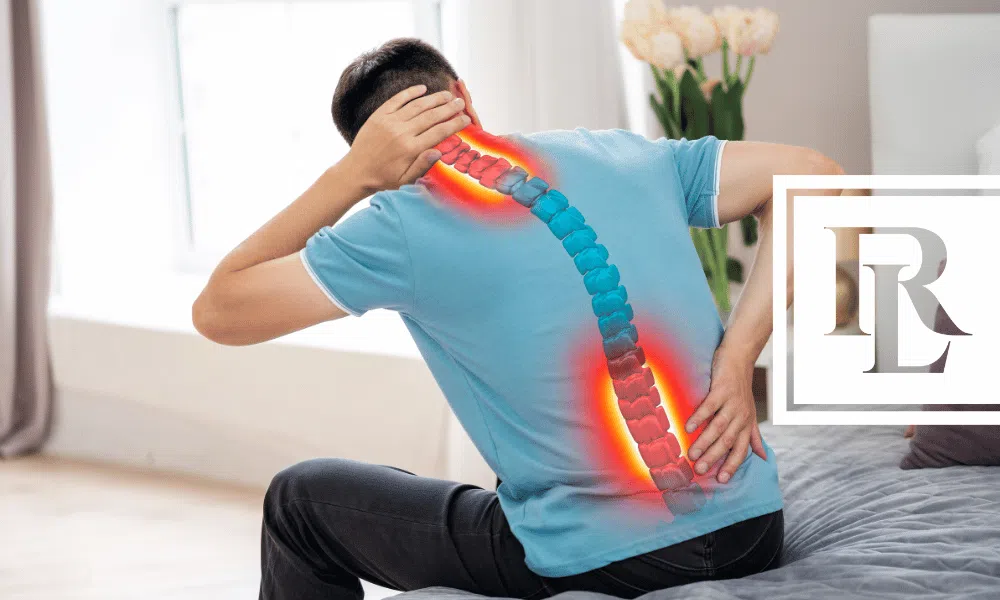If you suffer from a disorder related to your mental health, social security disability benefits may be available from the Social Security Administration (SSA). As with physical disabilities, those claiming Social Security Disability Insurance (SSDI) or Supplemental Security Income (SSI) benefits must be able to prove that their mental disorder prevents them from being able to work. But it’s often more difficult to prove mental impairment, as opposed to physical disability, while a social stigma against mental illness persists.
Which Mental Impairments are covered by the SSA?
The SSA maintains an official list of mental impairments explicitly recognized as “inherently disabling”. This means anyone suffering from listed ailments is presumed unable to perform “substantial gainful activity.” The SSA determines whether your symptoms meet the criteria for the mental impairments contained in its official listing.
The following is a sample of mental impairments listed in the SSA’s blue book:
- Schizophrenia
- Autistic Disorders
- Mental Retardation
- Depression
- Anxiety
- Bipolar Disorder
If your mental condition isn’t listed or your symptoms don’t meet the SSA’s criteria, you may still pursue disability benefits. You must be able to prove that your mental condition prevents you from working (i.e. performing substantial gainful activity). You also must prove that your condition is likely to persist for at least 12 months.
How Does the SSA Assess Mental Disorders?
Mental impairments are much more difficult to assess than most physical disabilities. The impairment itself often prevents the claimant from accurately describing his or her symptoms or complying with the prescribed treatment. Also, mental impairments sometimes come and go on a cyclical basis. Therefore, a claimant may not show symptoms at the exact time he or she is being assessed for disability benefits. Adding to this difficulty , there are limited tests to evaluate the severity of an individual’s mental impairment.
To help support your mental health disability claim, an independent physician will conduct what’s known as a mental consultative exam. Claimants with ongoing mental symptoms, such as depression or memory loss, are sometimes sent for an exam because their medical evaluation are outdated or they haven’t sought treatment before. Others are subjected to an exam just to be sure, but it depends on the individual case.
The exam, subsidized by the SSA, involves a standard mental or psychiatric evaluation. The examiner then sends a written report to your local Disability Determination Services (DDS) agency (within a 10-day window), which is used to either approve or deny your claim.
You may claim SSDI or SSI disability for mental (and physical) impairments that resulted from past drug or alcohol abuse, as long as the drugs and/or alcohol are no longer contributing factors to your disability. You must exhibit one of the following behavioral changes caused by substance abuse in order to file a claim for mental disability:
- Organic Mental Disorders
- Depressive Syndrome
- Anxiety Disorders
- Personality Disorders
The SSA will deny your claim your impairment would improve with the cessation of drug or alcohol use. Current drug/alcohol addiction isn’t a valid reason for claiming benefits. This can become difficult for claimants who suffer from depression or anxiety, which may trigger substance abuse (which in turn may exacerbate the disorder).
Talk to a Social Security Disability Lawyer
The Social Security claims process can be complex, especially if you are dealing with a mental health condition. If you need further help in understanding the rules surrounding Social Security disability benefits or in appealing a denied claim, call Rob Levine. Our Social Security disability attorneys are experienced in Rhode Island, Massachusetts, and Connecticut.
At Rob Levine we are experienced in personal injury cases in Rhode Island, Massachusetts, and Connecticut. Our team is available 24/7 to help you.
Contact us at 888.533.7507 or visit our website for more information.





